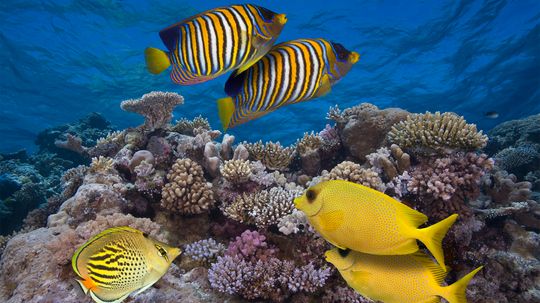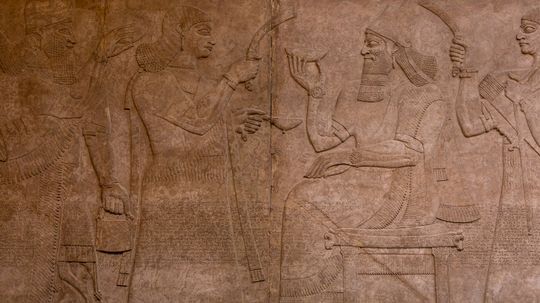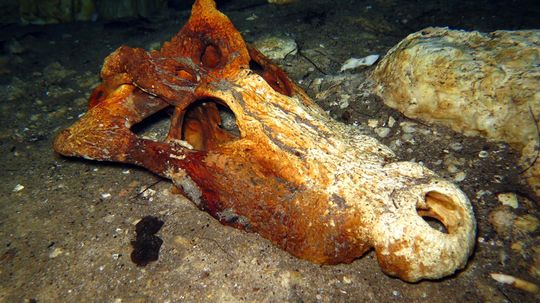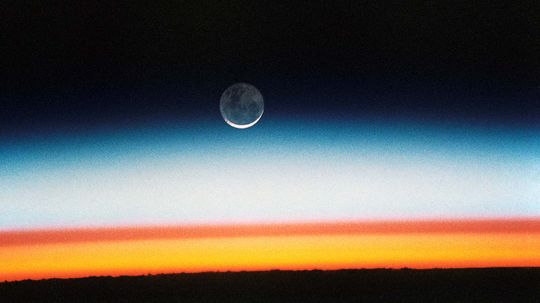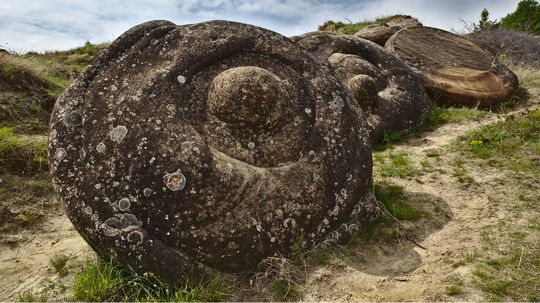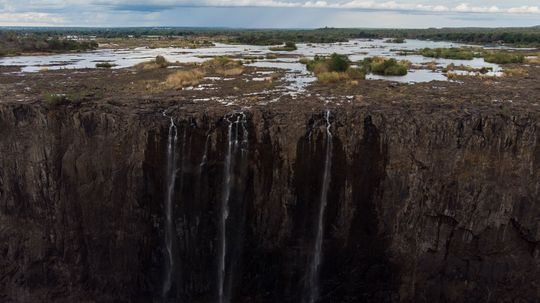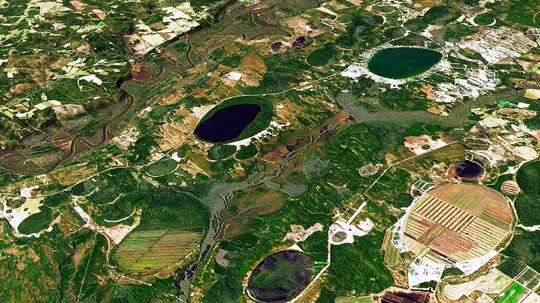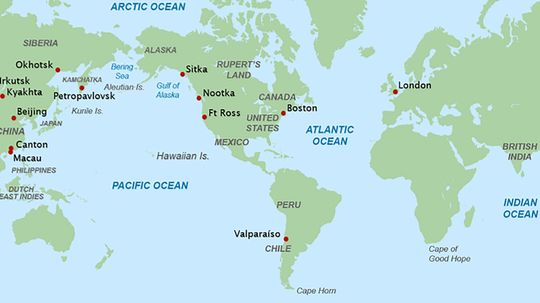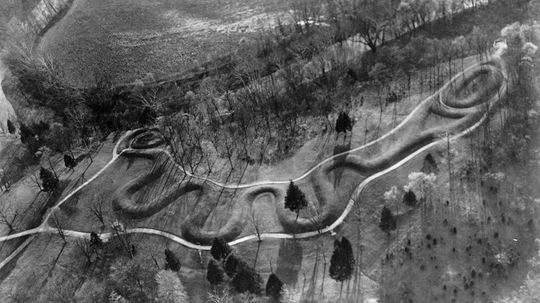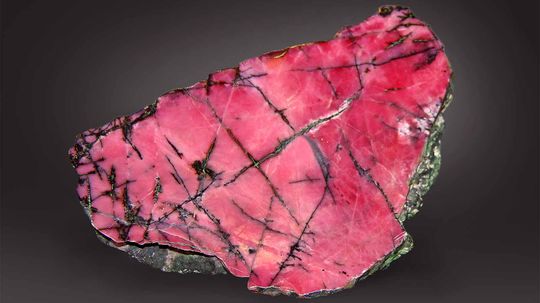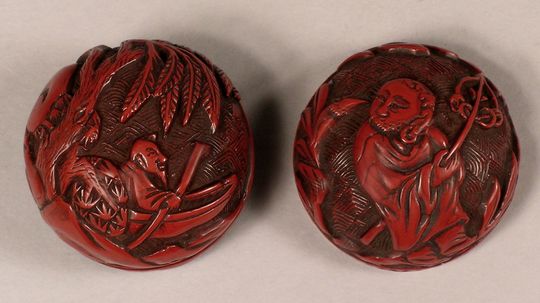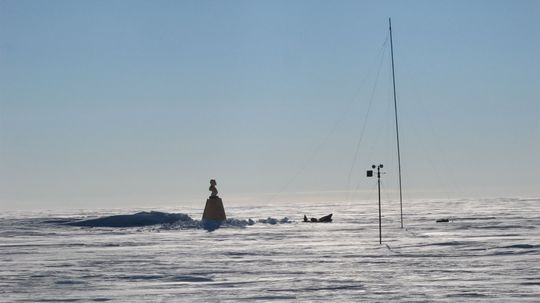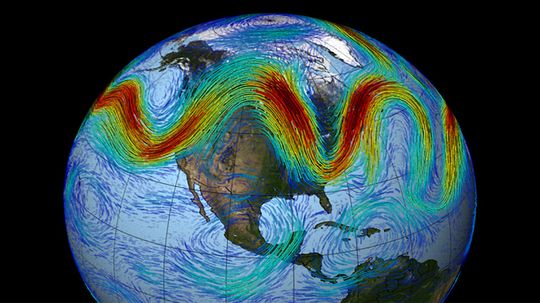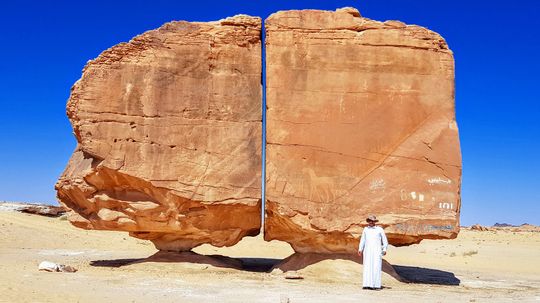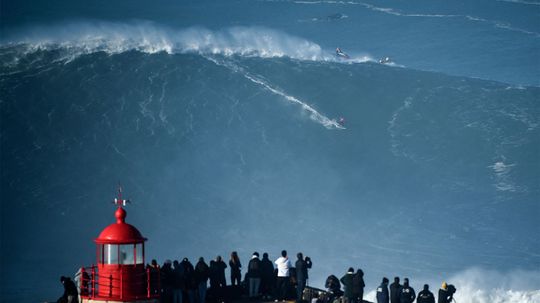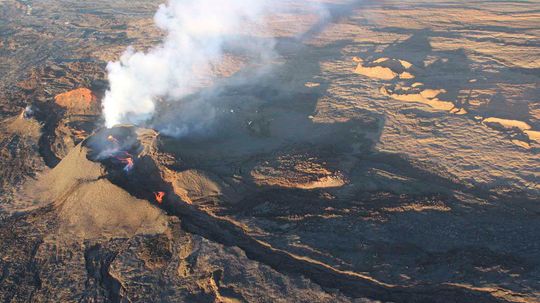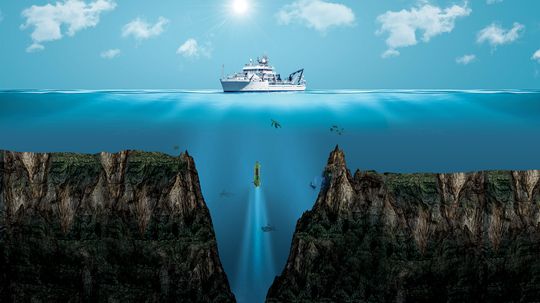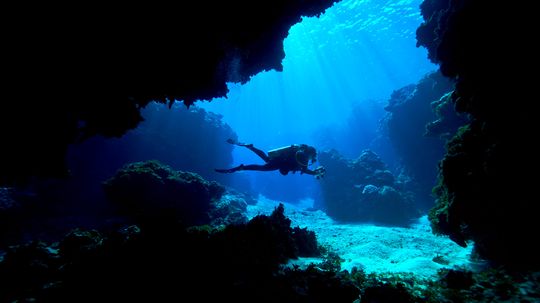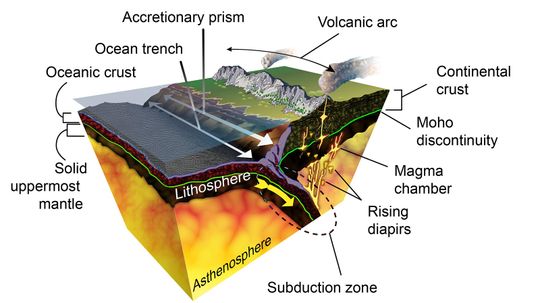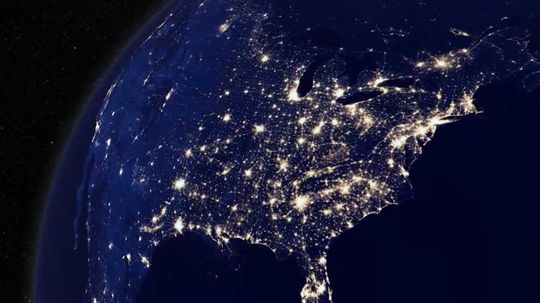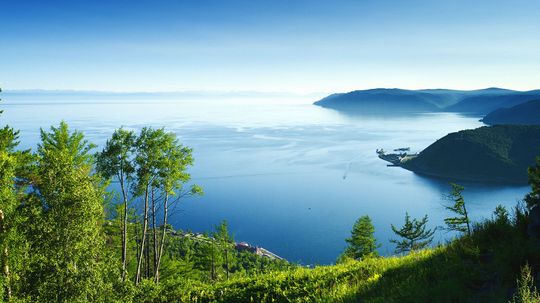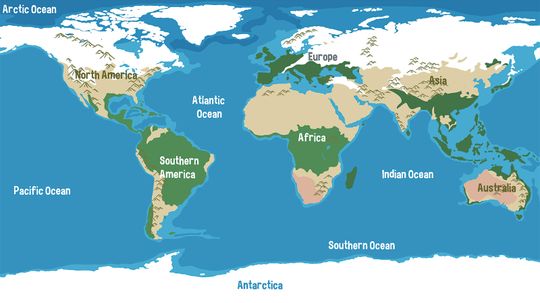Earth Science
Earth Science covers all facets of how the earth works, from from volcanoes to the world's oceans.
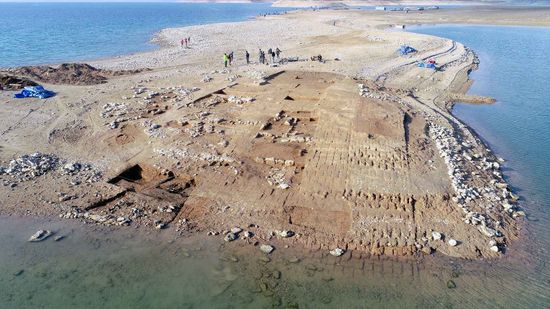
Worldwide Droughts Uncover Ancient Relics, Ruins and Remains
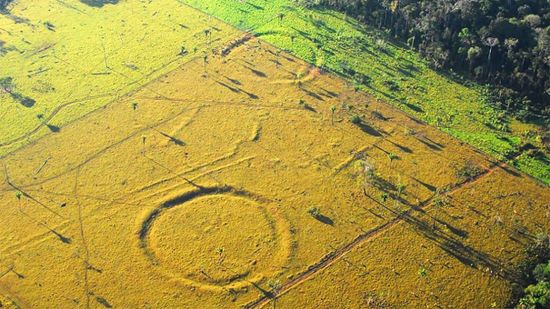
450 Huge Geometrical Earthworks in the Amazon Hint at Past Civilizations
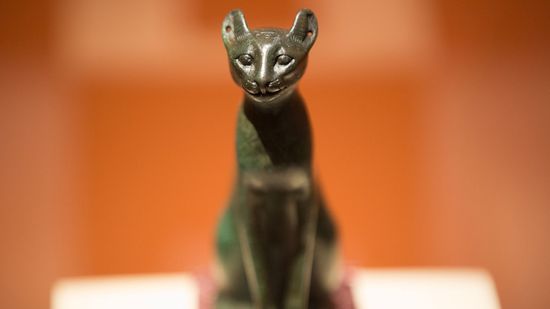
Ancient Egyptians Believed Cats Had 'Divine Energy'
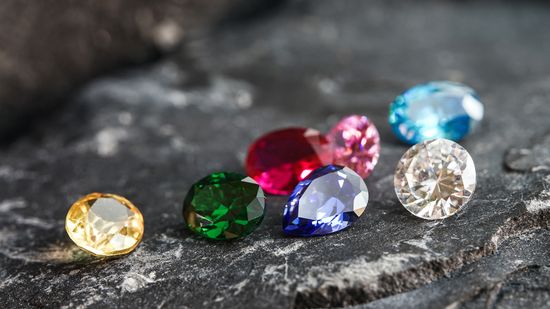
15 Types of Gemstones to Add a Little Sparkle to Your Life
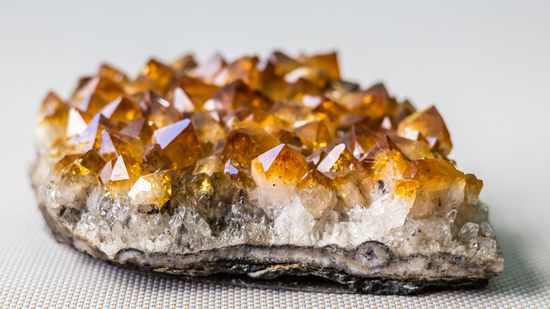
13 Brown Gemstones for Understated Elegance
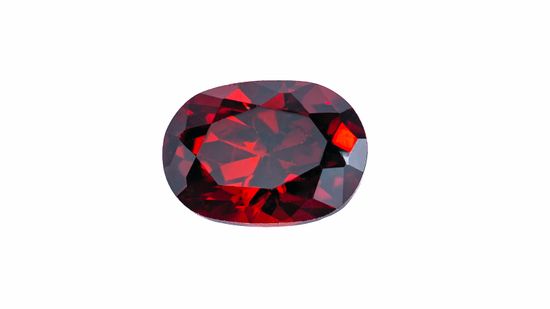
10 Red Gemstones That Evoke Power and Bold Luxury

10 Longest Rivers in the U.S.: From the Missouri to the Brazos

What Is the Smallest State in the USA? Looking at Area and Population
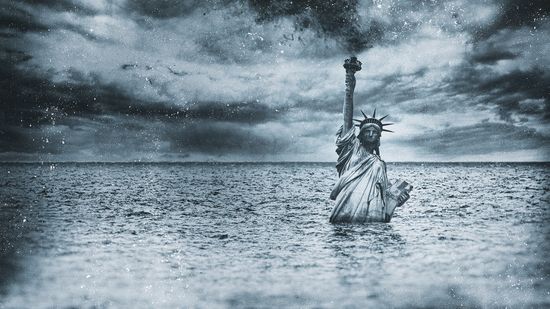
Venice Isn't Alone: 7 Sinking Cities Around the World
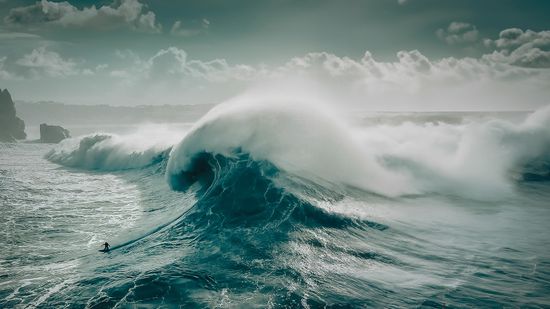
What Was the Largest Wave Ever Recorded?
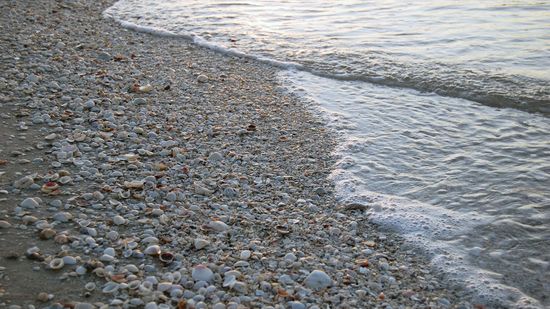
Where Have All the Seashells Gone?
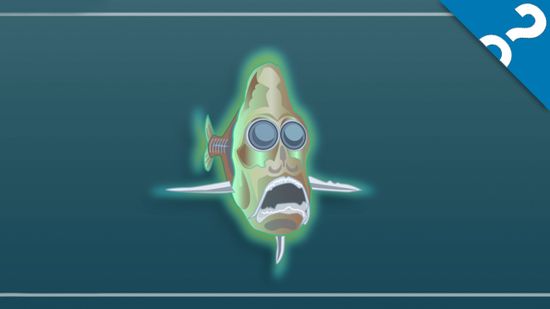
HowStuffWorks: 10 Weird Sea Creatures
Learn More / Page 10
If it looks like a party is on, maybe they'll come back. Playing the sounds of a noisy, healthy coral reef can attract important fish species to devastated reef habitats.
This is not an easy question to answer, thanks to the mists of time. But historians have put forth several possibilities. An ancient tablet claims one king ruled for 28,000 years!
Not all fossils are found on dry land. In fact some of the most fascinating fossil finds in history have been submerged for centuries.
By Mark Mancini
Advertisement
The stratosphere is one of Earth's five atmospheric layers that also includes the troposphere, mesosphere, thermosphere and exosphere.
By Mark Mancini
Trovants, found only in a small town in Romania, are stones that actually seem to move and grow. But are they alive?
Waterfalls are mainly reliant on precipitation to keep flowing. Here are six famous waterfalls that slowed to a trickle when drought set in.
Some say UFOs, while others say a meteor strike formed the Carolina Bays. Whatever created these isolated ponds and wetlands across North and South Carolina left a wondrous ecosystem that is in dire need of protection.
Advertisement
The waters of the Atlantic and Pacific oceans meet at the tip of Cape Horn and never the two shall mix, right?
The curves of the Serpent Mound, Ohio state's massive and mysterious geological wonder, line up with the sun during equinoxes and solstices.
The rose-red mineral rhodonite was first discovered in the 1790s in the Ural Mountains of Russia. Today it's found globally and is associated with compassion, love and healing.
Cinnabar's bright-red pigment has been used in jewelry, pottery and makeup for millennia. But cinnabar is also the primary ore for mercury, making it a dangerous mineral if the particles are inhaled.
Advertisement
Few Americans like the switching between Daylight Saving Time and Standard Time, but there's conflict on whether to switch permanently to DST or to ST. What are the pros and cons of permanent DST?
The Poles of Inaccessibility are the locations on Earth that are the farthest away from either water or land and are the most remote spots in the world.
Rossby waves influence everything from high tides to extreme weather patterns, and not just on Earth. They also occur on the sun and on Venus and Jupiter as well. So, what are they exactly?
By Mark Mancini
Split as if by a laser, the Al Naslaa rock in Saudi Arabia's Tayma Oasis baffles scientists and amateur geologists alike. How did this perfect split happen?
Advertisement
According to Guinness World Records, the waves in Nazaré, Portugal, are the biggest ever surfed. Scientists attribute the massive waves to an underwater canyon, but how does it work?
By Dylan Ris
Ash flows, deadly gases and vog are just a few of the other reasons why we all need to respect volcanoes.
The decision made at the 27th General Conference on Weights and Measures will scrap leap seconds for good by 2035.
The ocean is so deep, it puts the height of Mount Everest to shame.
By Mark Mancini
Advertisement
You might be surprised at how little of the world's oceans scientists have investigated.
This seismic boundary lies within Earth between the bottom of crust and the uppermost mantle. But nobody has ever dug down deep enough to confirm it exists. So does it?
The United States is divided into 50 states, small and large. So which is the biggest state in the U.S.A.?
You could stack the Eiffel Tower, the Washington Monument and the Statue of Liberty in Crater Lake, the deepest lake in the U.S. But, do you know what the deepest lake in the world is?
Advertisement
The oceans take up most of the surface area of our planet and remain mostly unexplored. But how many oceans are there?
Sarah Palin never really said she could see Russia from her house. But how far is Russia from Alaska anyway? And can you see one country from the other?
By Mitch Ryan
